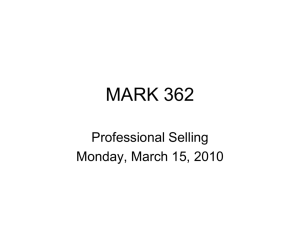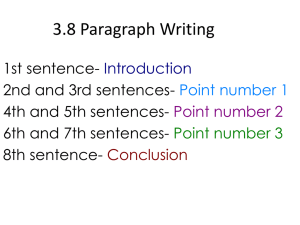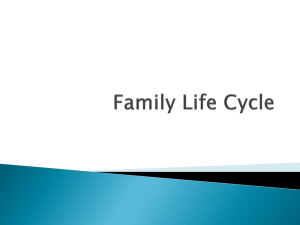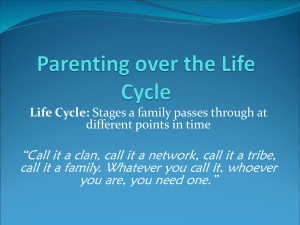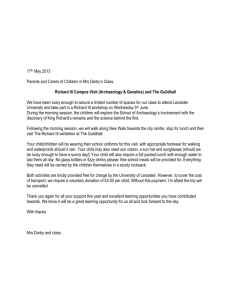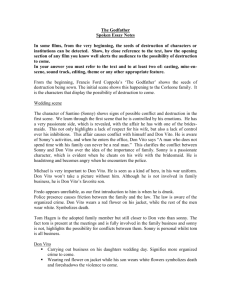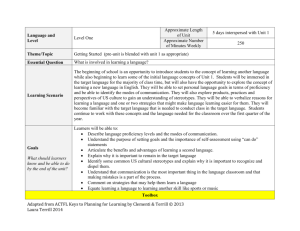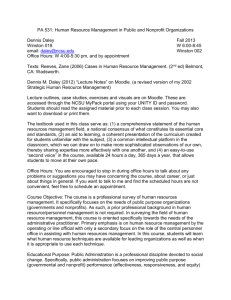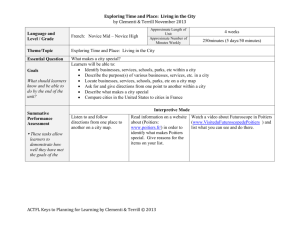dick terrill poetry and prose
advertisement
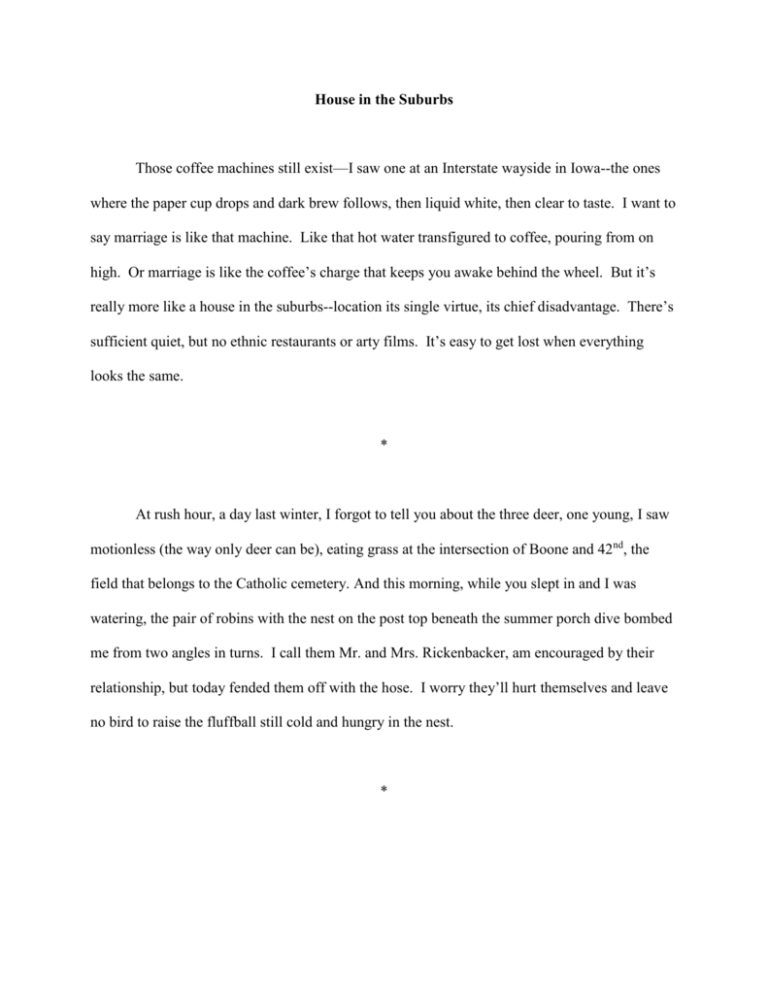
House in the Suburbs Those coffee machines still exist—I saw one at an Interstate wayside in Iowa--the ones where the paper cup drops and dark brew follows, then liquid white, then clear to taste. I want to say marriage is like that machine. Like that hot water transfigured to coffee, pouring from on high. Or marriage is like the coffee’s charge that keeps you awake behind the wheel. But it’s really more like a house in the suburbs--location its single virtue, its chief disadvantage. There’s sufficient quiet, but no ethnic restaurants or arty films. It’s easy to get lost when everything looks the same. * At rush hour, a day last winter, I forgot to tell you about the three deer, one young, I saw motionless (the way only deer can be), eating grass at the intersection of Boone and 42nd, the field that belongs to the Catholic cemetery. And this morning, while you slept in and I was watering, the pair of robins with the nest on the post top beneath the summer porch dive bombed me from two angles in turns. I call them Mr. and Mrs. Rickenbacker, am encouraged by their relationship, but today fended them off with the hose. I worry they’ll hurt themselves and leave no bird to raise the fluffball still cold and hungry in the nest. * If I write something addressed to you when it’s really for anyone to read, that’s because I want readers to feel connected to me. To feel they’ve been connected for a long time, and to carry the illusion that I can be trusted, or need to be. Richard Terrill. From Almost Dark (University of Tampa Press, 2010). Originally appeared in Brevity: A Journal of Concise Literary Nonfiction, Issue 27, Summer 2008. Wall Painting in Chicago Bar: “Richard J. Daley, Mayor” It’s three blocks from where my Cantonese in-laws live since they moved out of Chinatown. Bridgeport, so-called: no bridge, no port, but working class. I’d thought the neighborhood tough--afraid to go out, lock your door at night. But one couple on the corner stools, who could be Torres or Rodriguez, toasts me with pints of MGD, while guys with broad faces of Poles wear White Sox caps and watch Notre Dame football on the one working TV. A mixed race couple plays chess near the back exit, its locked door and sign that reads: Must Remain Open During Business Hours. When my stepsons, young men now, invited me to go shoot pool, I said, “What?” thinking I’d misunderstood. Thanksgiving night, snow in the air but not on the ground, all three of us refugees from cousins, uncles, and Mom (aka, my wife), we’re visiting from out of town, shooting against a couple guys named Vito and Cesar who belong to this parish, orderlies at the hospital we walked past to get to the bar. Crucifixes dangle from their necks as they eye the corner pocket. Notre Dame goes ahead by a touchdown (“They’ll lose,” Vito says, not looking up from his shot). Leftover turkey cools throughout the neighborhood, and we’re warming up in the neon beer sign light. The balls rattle alive when Vito breaks, explode like neutrons, but nothing drops. The older patrons have these days off work. Some argue about bowl picks and the Bears; the young buzz on cell phones, like my sons: Are you there? Are you in Texas? No, dude, I’m in Chicago, shooting pool and doing shots. Richard J. Daley’s beneficent gaze softens the cone of light above the pool table, Mayor Daley the first, in his black suit and red tie. The white below the iris in each eye gives him a hound-like steadfastness. He’s dogged for the contentment of his ward. Like Mary (aka the Virgin Mother) he looks skyward for bliss, and perhaps for votes, keeping watch over the neighborhood, over Vito, Cesar, the bartender, and us, as Southern Cal threatens to score. “Completed in ’53, retouched 2000,” the inscription below the portrait reads.” The year I was born and the year I realized I was as happy as I’m likely to get, unretouched and unrevisited. For this is Bridgeport, no bridge in sight, no port of call for any ship. We’re on the green felt sea, on the exit ramp of life, we older patrons, the evening of this holiday my in-laws don’t celebrate—rice, curried lamb, and bean curd sheets for our turkey day repast. But I’m not Cantonese, not ethnic working class, not Hispanic and sitting at the corner stool. There are a lot of things I’m not, here without my wife (aka, all that I have in this flat world), with my grown sons and the good shots they leave the other guys. Notre Dame scores again as time runs out. I’m going to bank the six off the rail and set up the eight in the side. Richard Terrill. From Almost Dark (University of Tampa Press, 2010). Appeared in Brevity: A Journal of Concise Literary Nonfiction, Issue 35, January 2011 Conversations with Su Tung P’o East Wind stirs fine dust on the roads. Old moments snow down from north of here. Old poet, new friend, are you lost out of time, out of place? Are the leaves of your book in disarray like loose petals blurred like phrases in our uncommon language? Or are those the pages of the calendar torn and recollected again in random order? Are you here with me in the cloudshine and windfire or buried in your book a milenium past? * Slack Season—just right for roadside drinking. We have more in common than I thought! Let's get drunk and recite each other's lines out of order. Let's break the law and convene the new congress of lyric we’ll establish, far from God and the Emperor. Lay that book aside and lie next to the fire for we can always write new books because we want to, not because the Palace says we must. not because the muses say we can. Let’s be somebody else this slack season, just right for failing memory, just right for the comfortable ditch. * Life passes quickly, hedged by sorrow. It's all gravity collected in a jar like old water It’s all just peelings in the sink. In a little while the moon rises in front of the eastern hills. I grieve less for home than the years that are lost, trouble deep as dust there, and no good mop, no good map. And so each year I hate to see autumn go. You’d think all that practice would make it easier. But beauty must select and scrutinize. Can there be but one cello in the empty warehouse, one erhu in the governor’s bower, any weather not significant to someone? * Maybe we can sleep back to back on the warm floor, like a couple of Tang gentlemen, a couple of Americans camping in the same tent. This death business could turn out to be serious. File it under Needs Immediate Attention. File it under The Plum Blossoms Falling Not Far From the Lake. Who says a poem should be about one subject? For instance, I have no way of knowing what you knew. Friend poet, I will pass on the lines of yours I don’t need. I'm bound to forget them anyway as they come true. * It’s alleged I lack courage of conviction. I look in the window glass to see if my smile is on straight. I have stood a long time in twilight mist failing as the ordinary must fail, straining to be seen in the dark. Is there no direction to look not flirting with success? Like a hat gone out of style, I know, I know. It gets worse the older I grow. * I could buy and sell like any vendor I see wrapped in coal smoke on the street. That which isn’t Art? I too dislike it, so talk all you want. Funny, I never could keep my mouth shut. You could wish me a second chance, but you won’t You know I was young for too long. A year ago today the rain fell, I still remember. Richard Terrill. From Almost Dark (University of Tampa Press, 2010). Italicized lines are from Selected Poems of Su Tung-p’o, translated by Burton Watson (Copper Canyon Press, 1994).
